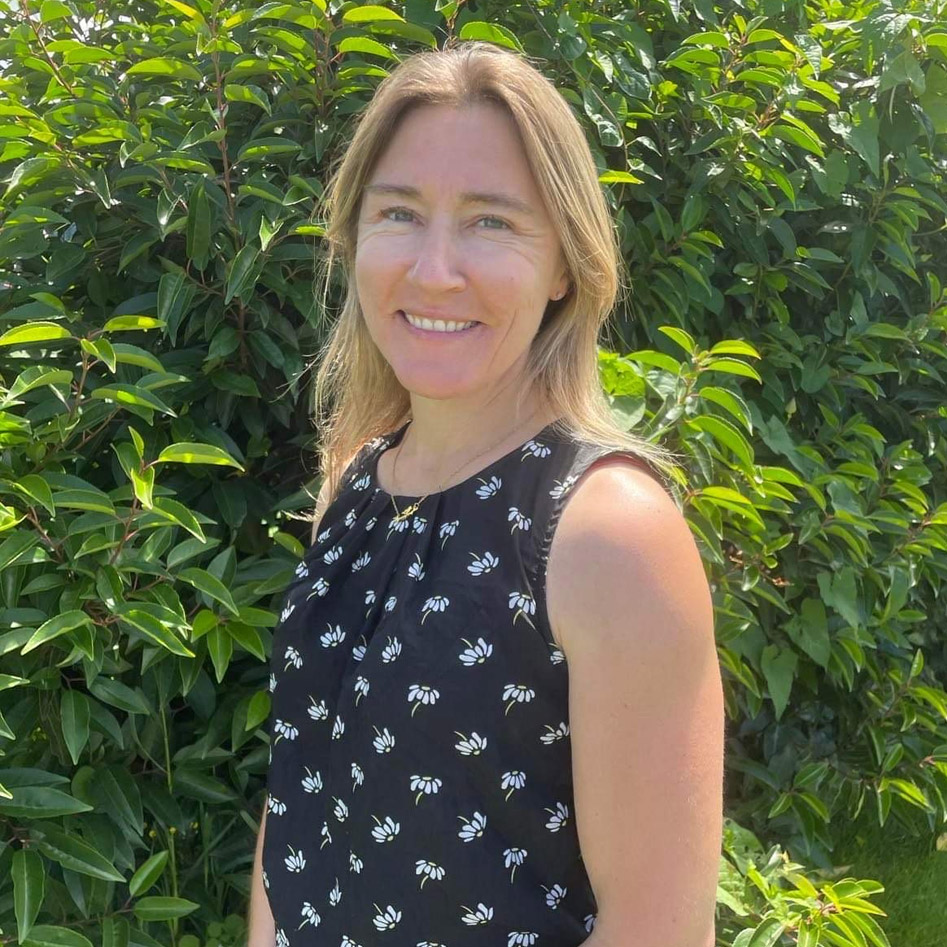We have summarised three articles to help keep you informed of the latest developments in the industry. This week our Industry Insights focus on a major breakthrough for severe asthma treatment, three-year follow-up data from the phase 2b randomised KEYNOTE-942-/mRNA-4157-P201 study, and a new clinical trial looking at stem cell-based treatment for blood glucose control in people with type 1 diabetes.
The SHAMALwas a phase 4, randomised, open-label, active-controlled study conducted in four countries. The study looked into whether people with severe eosinophilic asthma need to keep taking high doses of inhaled corticosteroid (ICS) after benralizumab has helped control their symptoms. The key finding is that 92% of patients were able to successfully reduce their high-dose ICS, with more than 60% requiring reliever use only. These results suggest that those with severe asthma who are stable on biologic therapy could potentially minimise their use of inhaled steroids, thereby reducing the associated side effects. However, further studies will be required before recommendations regarding the tapering of ICS use while on biologic therapy can be made.
Moderna and Merck announce follow-up data from from the phase 2b randomised KEYNOTE-942-/mRNA-4157-P201 study. The study is a clinical trial evaluating mRNA-4157(V940) in combination with KEYTRUDA in patients with resected high-risk melanoma following complete resection. A planned analysis at three years showed that adjuvant treatment with mRNA-4157 in combination with KETRUDA continued to improve recurrence-free survival and reduce the risk of recurrence or death by 49%. Adverse events remained consistent with those previously reported, with similar treatment-related Grade≥ 3 adverse events between the arms. mRNA-4157 with KEYTRUDA has recently been approved for use by the U.S. Food and Drug Administration and European Medicines Agency for the adjuvant treatment of patients with high-risk melanoma.
Researchers from the University of British Columbia and Vancouver Coastal Health have published results from a multicentre clinical trial for a new stem cell therapy, which aims to replace the insulin-producing cells that are reduced or absent in people with type 1 diabetes. This would have the potential to allow people with type 1 diabetes to live without daily insulin injections. The researchers have produced a small medical implant, VC-02, which contains lab-grown pancreatic islet cells that originated from stem cells. The results showed that these devices can establish levels of beta cells that are sufficient to improve glucose control. This clinical trial has demonstrated the feasibility of a stem-cell-based treatment for achieving glucose control, and these findings will be used to make further improvements to the device.






